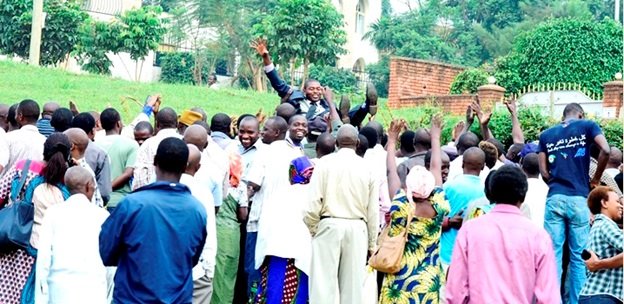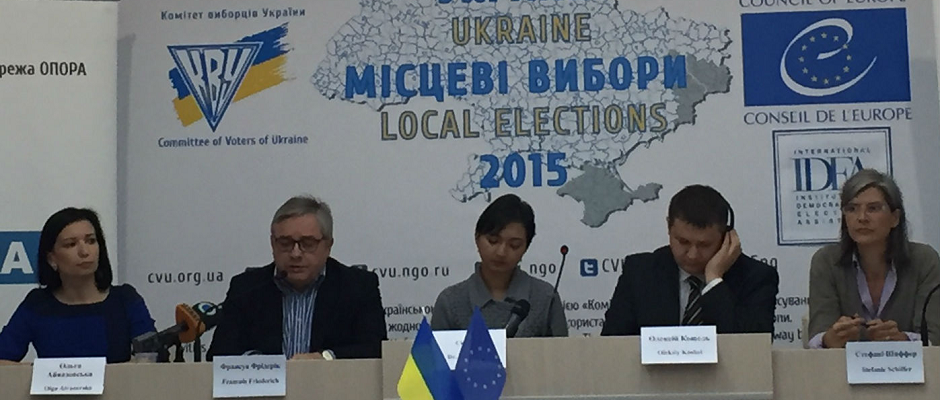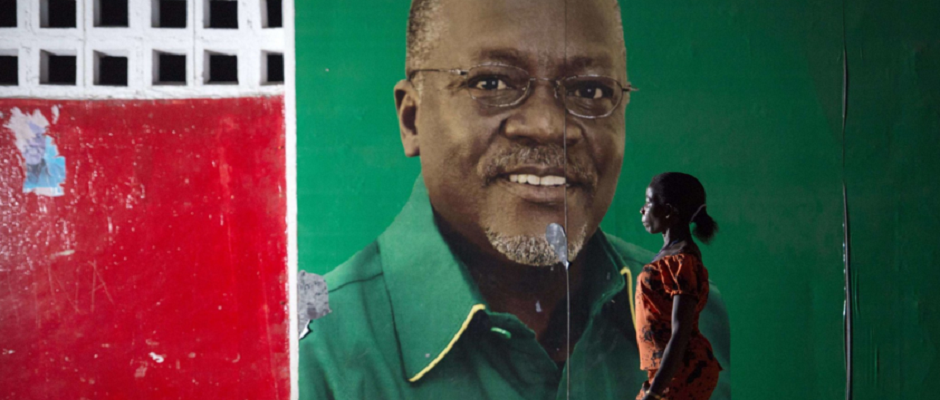
For entire month of February, Rwandans will continue with the process of voting their grassroots leaders. Voting officially began on Monday (February 22, 2016).
This normally happens after every five years in all the 36,000 villages of the country. Every Rwandan aged 18 and above is eligible to vote.
In May 2001, Rwanda introduced a decentralization policy aimed at transferring power, authority and resources from central to local government and lower levels. Under this arrangement the country is divided into 30 districts and four provinces including Kigali city.
Every district is further divided into Villages (umudugudu), Cells (kagari) and Sectors (umurenge), depending on size of population, economy and accessibility to public services.
The lowest unit of administration is the Village (umudugudu), it’s at this level that Rwandans on Monday voted for village leadership committee.
Members of each village queued behind candidates of their choice vying for positions of; security, social affairs, education, information and development, representative to cell council, two women representatives.
To effectively serve over 11 million population, President Paul Kagame has set higher standards for the 30 district mayors to ensure service delivery. These mayors sign annual performance contracts before the president.
The strict performance contracts the district mayors sign, have stimulated citizens interest in demanding better services, transparency and holding their leaders accountable.
At the ongoing elections, citizens across the country have exercised their power such that corrupt leaders were voted out while candidates with good performance were voted again.
Read the full article on KT Press.




